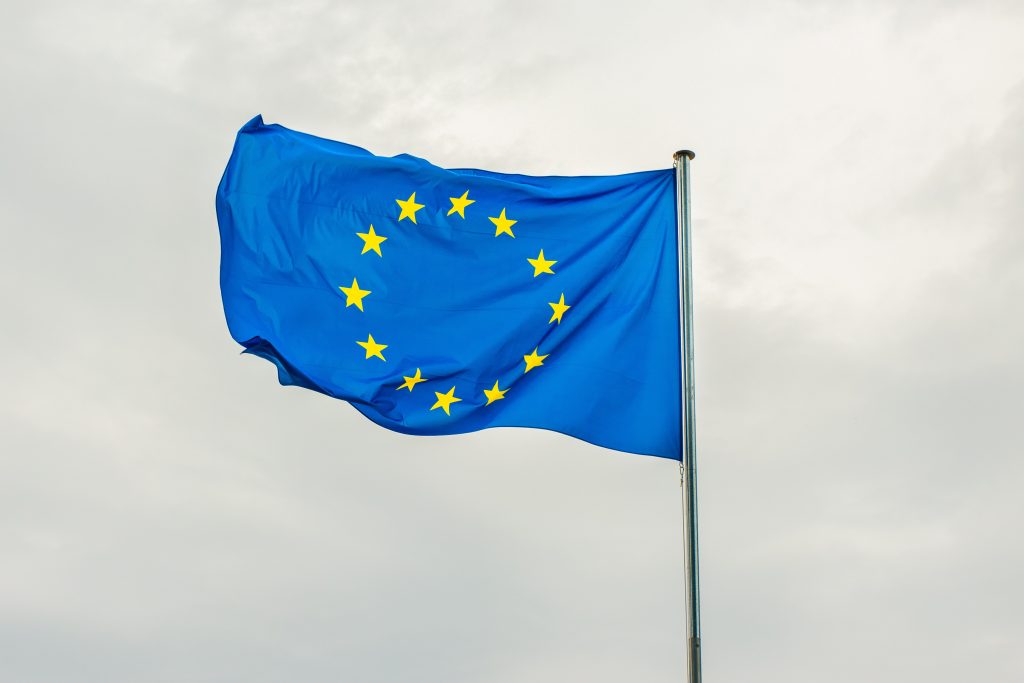As Index writes, the Slovenian Prime Minister said at a press conference in Brdo castle near Kranj that Schengen made it easier for many Slovenians to travel to Croatia and that Ljubljana’s support for Croatian membership was the “correct decision” in its national interest, as shown by the higher number of arrivals of Slovenian citizens this year.
Unfortunately, Golob continued, in the same period, there was also an increase in the number of illegal migrants entering Slovenia, which is why it is in the common interest to establish as good a control over the external borders of the European Union as possible.
Therefore, the two countries, which are only transit for illegal migrants, together with Italy, the country that is their final destination, will start a trilateral cooperation for monitoring migration.
The Slovenian Prime Minister said that Slovenia and Italy are not going in the direction of directly helping Croatia to protect the border because that is within Croatia’s jurisdiction and “it has enough of its forces,” but rather “in-depth” surveillance, from the border to the final destination, is being considered.
Trilateral cooperation, the most important for Italy as a destination country, could be launched very soon, even before Golob visits Zagreb, which is planned for May, the Slovenian Prime Minister said.
Plenkovic: We want to send a message of reliability
Plenkovic said at the conference that Croatia has an “extremely demanding” task of guarding the EU’s external border, which 6,700 police officers work on and which is why “huge” investments in police readiness and surveillance technology have been made.
He emphasized that Croatia is ready for trilateral cooperation and that the Minister of the Interior, Davor Bozinovic, visited Italy the day before “precisely on the topic of migration policies.”
Plenkovic said that Croatia wanted to send a “message of reliability” and added that Golob referred to the “good impressions” of Danish Prime Minister Mette Frederiksen, who visited the National Coordination Center for Border Control (NCC) at the beginning of the month.
“We are ready to sign the agreement on police cooperation that has already been prepared, and I believe that these technical aspects will be resolved by the time Prime Minister Golob arrives in Croatia,” said the Croatian Prime Minister, adding that the cooperation will be “effective, reliable and compliant with regulations.”
Bozinovic: Food shortages and earthquakes increase migration
Minister Bozinovic said at the very beginning of the month that the number of illegal migrants entering the EU is approaching the level of 2015 and 2016.
Bozinovic then said that migrants, like before, mostly come from the Middle East and North Africa, but that due to the liberalization of the visa regime in the neighborhood, “primarily in Serbia and Bosnia and Herzegovina,” residents of countries such as Burundi and Cuba are also arriving.
He emphasized that one of the causes of the greater number of migrations were the consequences of Russian aggression against Ukraine, which disrupted the world’s economic flows and pushed a large number of people below the poverty line but also threatened the food supply of precisely those areas that had previously had such difficulties.
The large number of arrivals was also influenced by the catastrophic earthquakes in Turkey and Syria, which occurred where many refugees from Syria and other countries resided.
For more, make sure to check out our dedicated News section.











